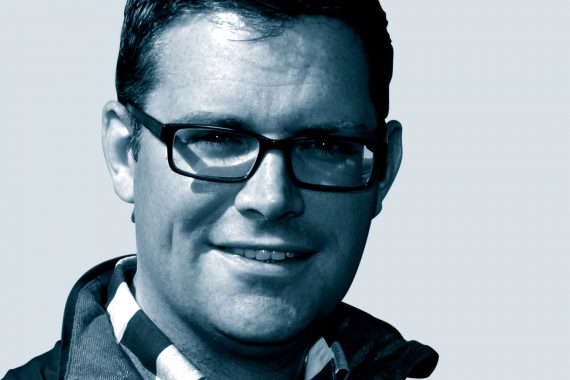Running the phone triage gauntlet

Cold callers are a menace to all of us. An unwelcome wake-up call when sleeping off a busy night on duty is enough for me to empathise wholeheartedly with house-bound or daytime-TV-bound folk who experience this level of harassment on a daily basis.
But there is another side to this, one that I wonder if Ofcom realises the effect of. I am sure many of those reading this article will be familiar with the trials and tribulations of running the gauntlet that comes with a block of phone-triage appointments: how to rapidly get across to your phone patient that you are not trying to sell them a boiler, new windows or a solar panel.
It’s not restricted to phone calls. I was once mistaken for a heating repair man. By coincidence, a patient I was visiting whilst a GP registrar in Kilmarnock was expecting a maintenance visit at the same time as a GP house call, and as a less familiar face for him, he took me through his house saying ‘she’s just through here’. I supposed that this was a kind neighbour showing me to the bedroom of my (unfamiliar) patient, but instead took me to a cupboard to show me his boiler.
Integration of teams and competences is the name of the game in Scotland just now, but at the time I wasn’t expecting my GPST duties to transcend to boiler repairs (who knows, maybe this is in store?). Thankfully he noticed my puzzled look and then my medical bag, and clarity was brought to the situation. The waterworks that were making my patient unwell were, thankfully, more fixable (for me) than the waterworks requiring a spanner.
Mistaken identity is a rather more frequent occurrence during phone triage, and has greater potential to descend into unpleasantries, or a hang-up, unless I get in with a quick ‘it’s the DOCTOR… SURGERY… phoning about your bloods’, before more frustrated assertions are made. It’s either that or I end up introducing myself to one of these new call-guard devices, in which a moment of enforced self-justification seems to have some surprising effects.
It’s as if I were to be introducing myself to an audience on the TV shows Blind Date or Take Me Out: ‘It’s David, one of the GPs from Arran Medical Group (insert awkward pause)’ I say with rapidly mustered confidence, awaiting the judgement on whether I’m bona fide. Surely persuading an electronic device, whether intelligent or not, of my professional status shouldn’t be this intimidating.
Ultimately, these experiences are – for us – mild inconveniences amidst plenty other considerations of a typical day, but I am concerned that the effects of persistent cold-calling are not appreciated by those who have a fighting chance of holding these companies to account. As GPs, we are in regular contact with our elderly and vulnerable patients, often by phone, and we probably see a good deal more than most of just how these calls are affecting our patients’ lives on a frequent basis.
David Hogg is a GP on the Isle of Arran and Chair of the Rural GP Association of Scotland. He writes in a personal capacity. You can follow him on Twitter @davidrhogg
Pulse October survey
Take our July 2025 survey to potentially win £1.000 worth of tokens




 Oviva’s fully remote Tier 3 Weight Management programme
Oviva’s fully remote Tier 3 Weight Management programme






